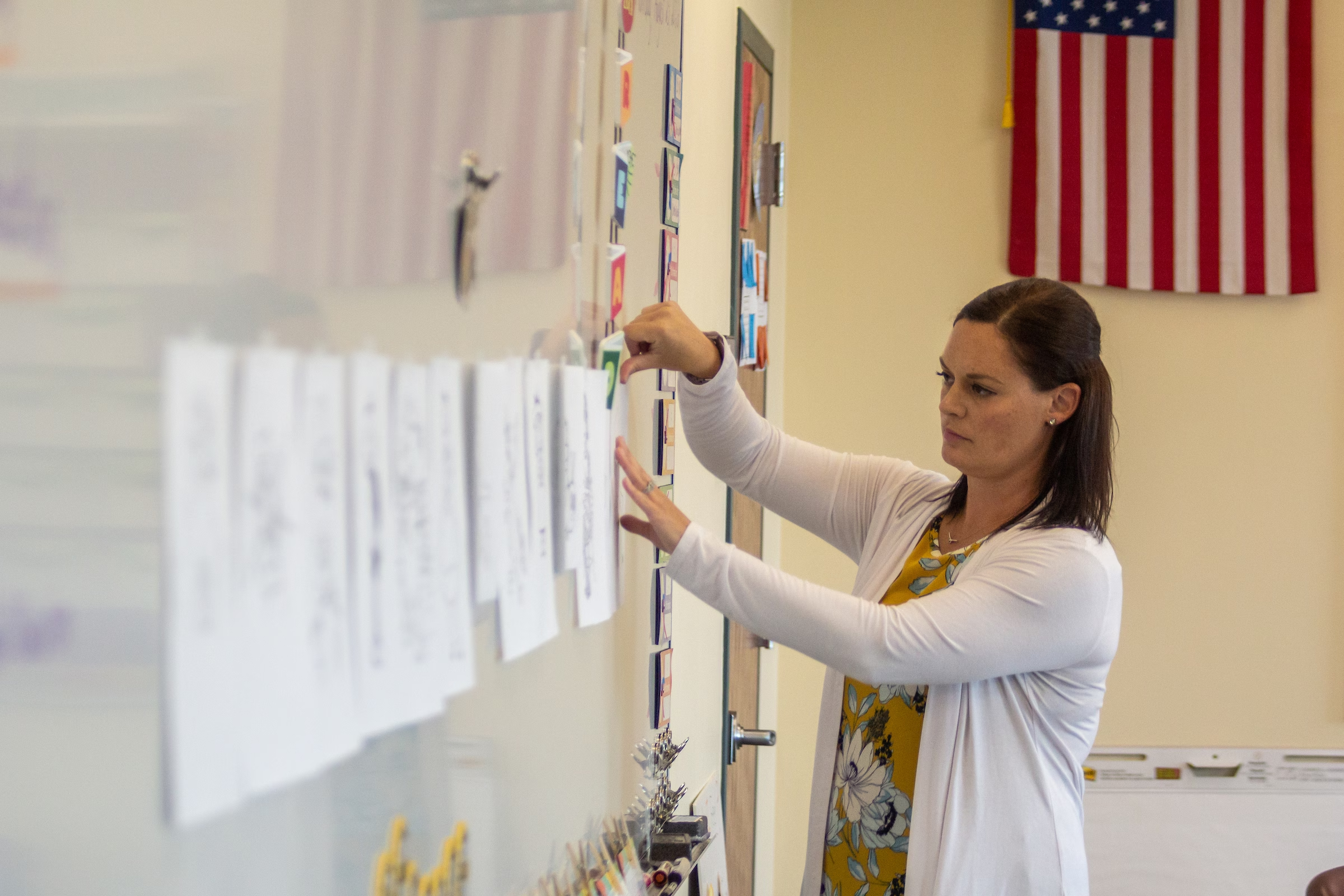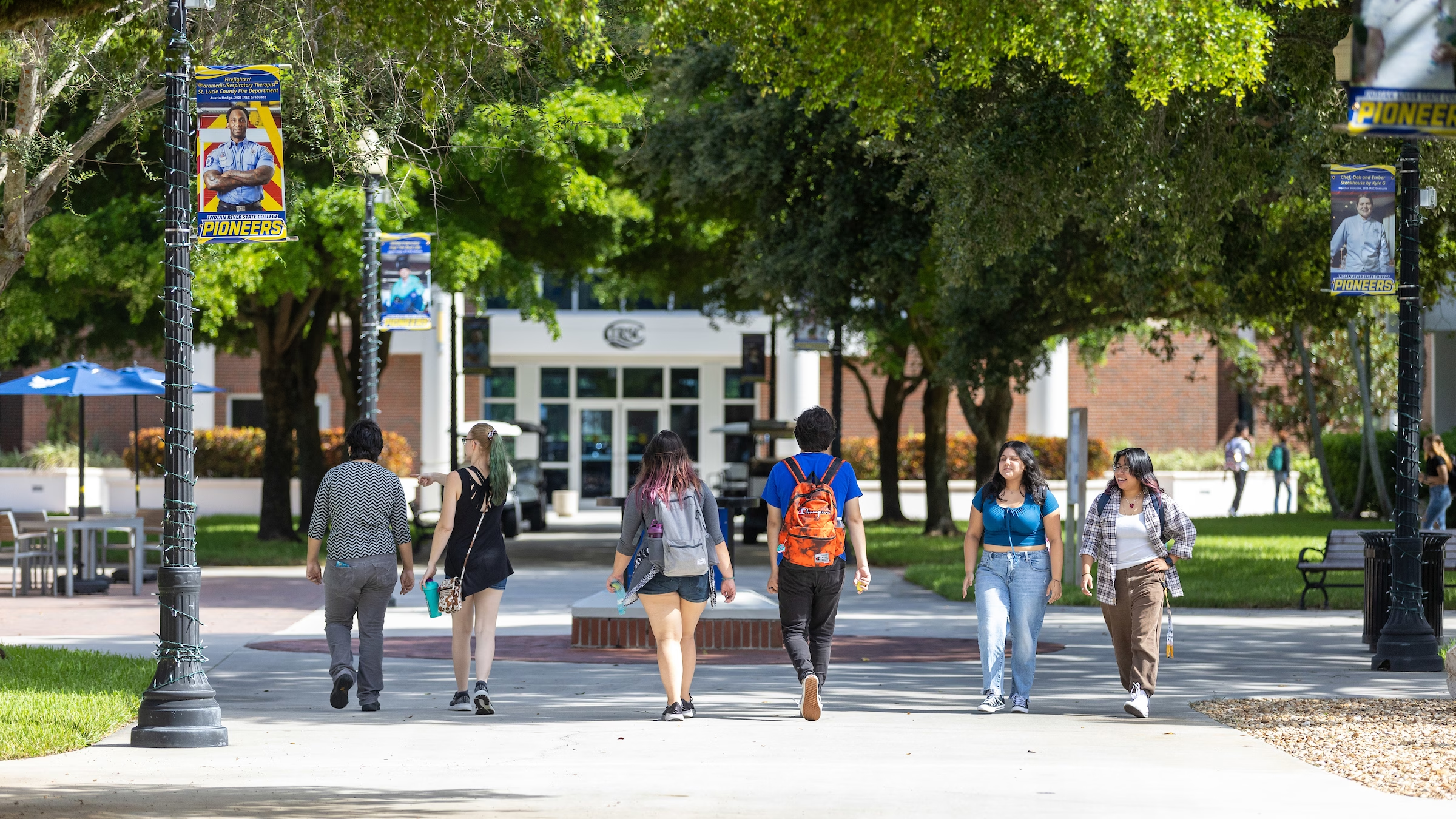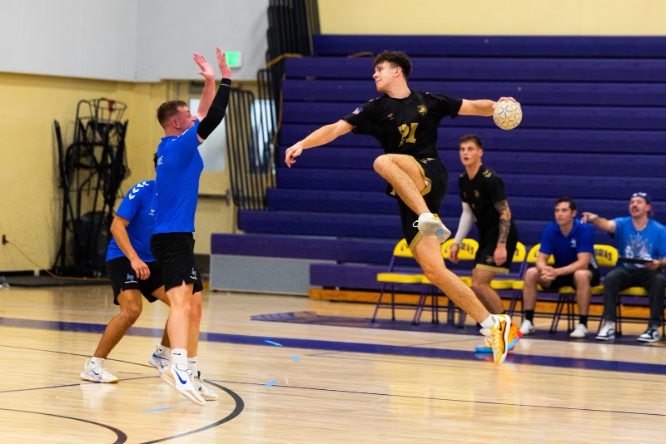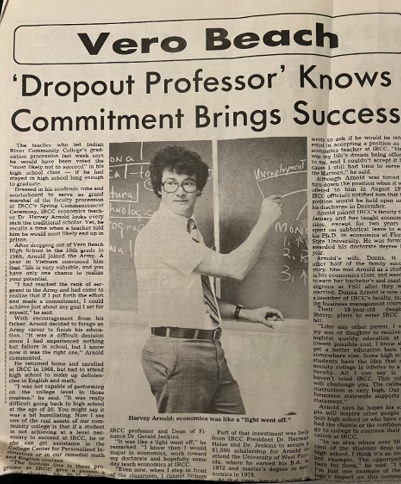RIVER NEWS & VIEWS
RIVER NEWS & VIEWS

RiverBlog: Building Tomorrow’s Teachers: Inside Indian River State College’s School of Education
From River Talk on IRSC Public Media – A conversation with Dr. Kimberly Zgonc, Emily Renschler, and Molly Lalla

Indian River State College Announces Executive Dean Promotions to Better Serve Students
January 23, 2026 | Indian River State College has promoted five academic leaders to Executive Dean positions as part of a strategic reorganization designed to create clearer pathways for student success and strengthen workforce preparation.

USA Team Handball and Indian River State College Launch Strategic Partnership to Establish National Training Presence on Florida’s Treasure Coast
January 22, 2026 | USA Team Handball is the second Olympic sport National Governing Body to establish operations at The River. The partnership builds training infrastructure and strengthens the United States’ competitive position internationally in preparation for the Los Angeles 2028 Olympic and Paralympic cycle.

What Really Happened in 1776? Fielden Institute Reveals the Dramatic Story Behind America’s Founding Document
January 22, 2026 | In honor of the 250th anniversary of the Declaration of Independence, the Fielden Institute for Lifelong Learning at Indian River State College presents “Divided Minds and the Birth of the Declaration” on Friday, February 13, 2026.

Indian River State College and USA Team Handball Launch Strategic Partnership to Establish National Training Presence on Florida’s Treasure Coast
January 16, 2026 | Commander-in-Chief’s Trophy Collegiate Handball Match to Mark Partnership Launch on Saturday, January 17, 2026

Indian River State College Foundation Opens Scholarship Opportunities for 2026-2027 Academic Year
January 14, 2026 | The Foundation offers hundreds of unique scholarships tailored to individual student needs and backgrounds.

Kate Beckwith Woody Supports Indian River State College Promise Program with Transformational Gift
January 13, 2026 | Vero Beach philanthropist’s leadership donation will expand opportunities for college students in Indian River County

RiverBlog: ‘If You Have the Will, We Have the Way’: The College That Transformed a Soldier’s Life
January 9, 2026 | A high school dropout who became a Vietnam War sergeant transformed his life through Indian River Junior College’s open-door policy, eventually earning a Ph.D. and returning to teach economics at the same institution for 44 years.

Indian River State College Now Accepting Applications for 2026 Promise Program: Two Years of Tuition-Free College for Local High School Graduates
January 8, 2026 | The program covers 100% of in-state tuition for eligible 2026 graduates from public, charter, approved private, or in-district homeschool students in Indian River, Martin, Okeechobee, and St. Lucie counties.
Stay in the Flow with Events That Move You
There’s always something happening at The River—career fairs, cultural festivals, campus tours, live performances, and student meetups. Whether you’re exploring your future or just looking for your people, our events are designed to connect, inspire, and energize.
In the News
In the News
Media Resources
Access media contacts, press kits, and more.










